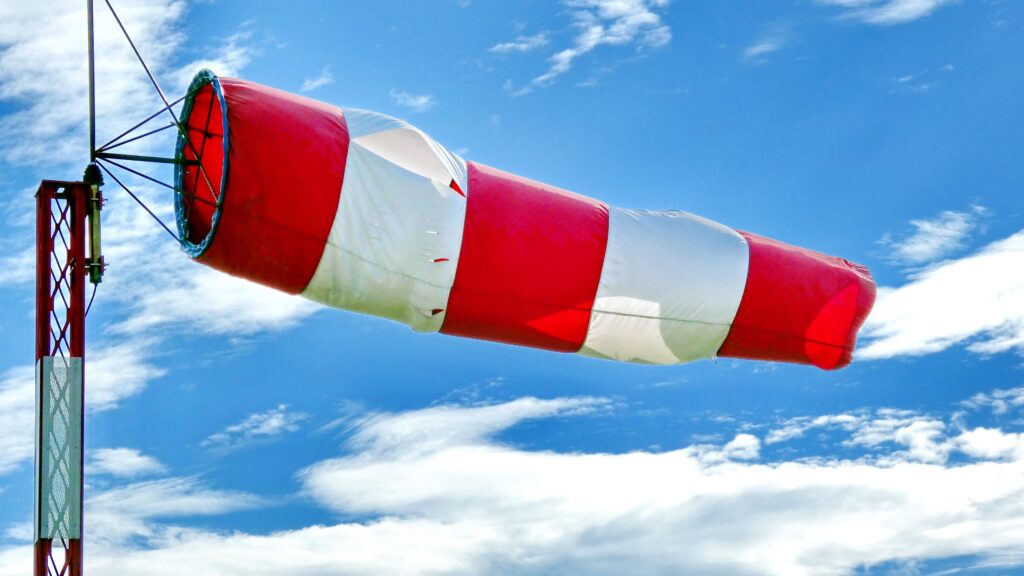Role of an Aviation Meteorologist

Weather has a significant impact on aviation safety and efficiency. Aircraft safety depends on precise forecasting of meteorological variables such as wind, temperature, altitude, and so on.
- Aviation meteorologists forecast meteorological conditions in airports.
- They give day-to-day, hour-to-hour measurements, assessment, forecasts, alerts, and meteorological advice to pilots, airport operators, and airlines.
- Aviation meteorologists must ascertain present and predicted meteorological conditions at all altitudes, including wind direction and speed, cloud cover, and precipitation. Aviation weather reports differ from other types of weather reports in that they include how conditions may affect a flight. If strong turbulence is expected at one level, the pilot must know what altitude he may fly to escape the turbulence ahead of time.
- Aviation meteorologists generate their reports using weather radar, computers, weather station data, and other instruments.
- An analytical mind and the capacity to operate under pressure are required for an aviation meteorologist. They should be conversant with aircraft and have past meteorological experience.
Even while airlines operate to transfer passengers from one location to another, they could not run without the assistance of many individuals on the ground, including those who accept bookings and sell tickets, as well as others who help maintain the flights on time.
